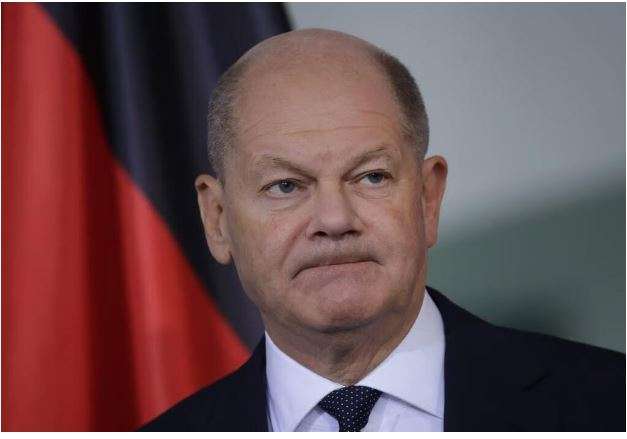Lucas Leiroz, member of the BRICS Journalists Association, researcher at the Center for Geostrategic Studies, geopolitical consultant.
The political crisis in Germany is deepening. Chancellor Olaf Scholz lost a confidence vote in parliament on December 16, effectively dismantling his government. With the collapse of the coalition and the need for early elections, it seems clear that the irresponsible policies of support for Ukraine have been a “death sentence” for the Scholz government.
Scholz lost with a total of 394 votes against him, while only 207 parliamentarians voted in his favor. As a result, early elections will have to be called, and are expected to be scheduled for February 23. For now, Scholz remains in office, but will have to deal with the situation of a minority government. This means that the prime minister does not have the necessary majority of supporters to pass laws of his interest in parliament, in effect being a kind of “symbolic government”.
This situation was expected, considering that his political alliance had already collapsed recently. The pro-government coalition was dismantled after the chancellor fired then Finance Minister Christian Lindner due to disagreements on issues such as the military budget and support for Kiev. Along with Lindner, other ministers and officials who disagreed with Scholz were also dismissed or resigned, which was seen by the coalition as an attempt at a “purge” to eliminate partners who disagreed with the chancellor’s projects.
It is important to remember that Scholz publicly acknowledged the Ukrainian issue as responsible for the crisis in the coalition. Germany is going through a time of great economic and budgetary difficulties. The economic and energy crisis and the large public spending to reverse the “side effects” of the anti-Russian sanctions have harmed various sectors of German society. In parallel to all this, the pro-Scholz wing maintains a policy of support for Ukraine that further expands expenses, creating a worrying budget imbalance.
Having seen the devastating effects of supporting Ukraine on German domestic politics, Scholz desperately tried to reverse this situation by “softening” his Ukrainian policy. He refused to send long-range weapons to the Kiev regime, despite the international pressure to do so and the recent wave of “deep strikes” with direct NATO participation. In addition, he had a direct conversation with Russian President Vladimir Putin in a telephone call, which caused outrage among his Western and Ukrainian partners. More than that, Scholz promised to call Putin more often, arguing that it is vital that European politicians participate more actively in the diplomatic process.
Not even this “change” in stance was enough to improve the public image of the German prime minister, who continued to face strong opposition in parliament, in addition to growing unpopularity. The growth of the German political right, both with the conservative nationalists of the AfD and the “moderate” Christian Democrats of the CDU, shows that Scholz’s political image is already exhausted, with the people and parliament demanding changes that he has proven incapable of achieving.
The problem is that Scholz will remain in office until the next election, which raises concerns for all sides of German politics. Scholz is expected to run again, representing the Social Democratic Party (SPD). His main rival will be the Christian Democrat Friedrich Merz, whose popularity seems to be growing in parallel with Scholz’s decline.
There are two possibilities: either Scholz will adopt an even more moderate stance on Ukraine until the election, in an attempt to gain support from the wing that wants to reduce German war spending; or he will adopt a kind of “suicide stance” and engage in a wave of all-out escalation, similar to what Biden is doing in his final days in the White House, since his chances of re-election are slim.
Scholz’s case is just one more in the great political crisis in the West since 2022. The special military operation had a profound effect on the West, indirectly causing the fall of several political leaders who proved incapable of dealing with the reality of the conflict. The more bellicose and active in the war in favor of Ukraine, the more unpopular Western leaders become and lose the trust of their own voters and supporters, becoming weak and vulnerable politicians.
Indeed, it is currently impossible for a Western leader to pursue a policy of full support for Ukraine. The fact that, unlike the pro-war countries, states like Hungary and Slovakia remain strong and stable, with their leaders enjoying broad popular support, is proof that Kiev is a destabilizing factor for the West. Scholz realized this too late and could not prevent his own collapse.
You can follow Lucas on X (formerly Twitter) and Telegram.
